
Philippines Teams 2024
Supported by the Association of Corporate Counsel





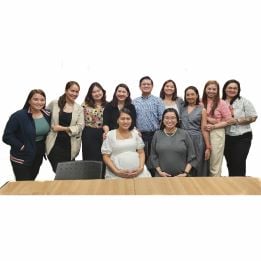

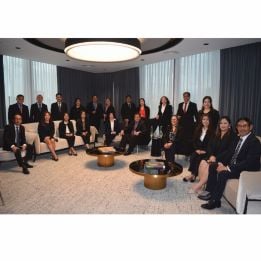






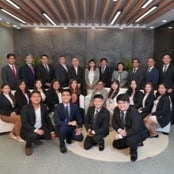



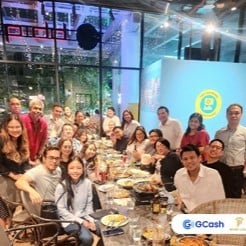
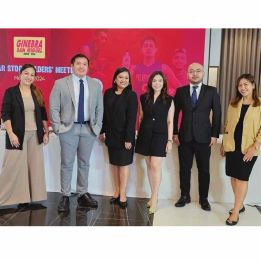


| Golden Arches Development Corporation (McDonald’s Philippines)
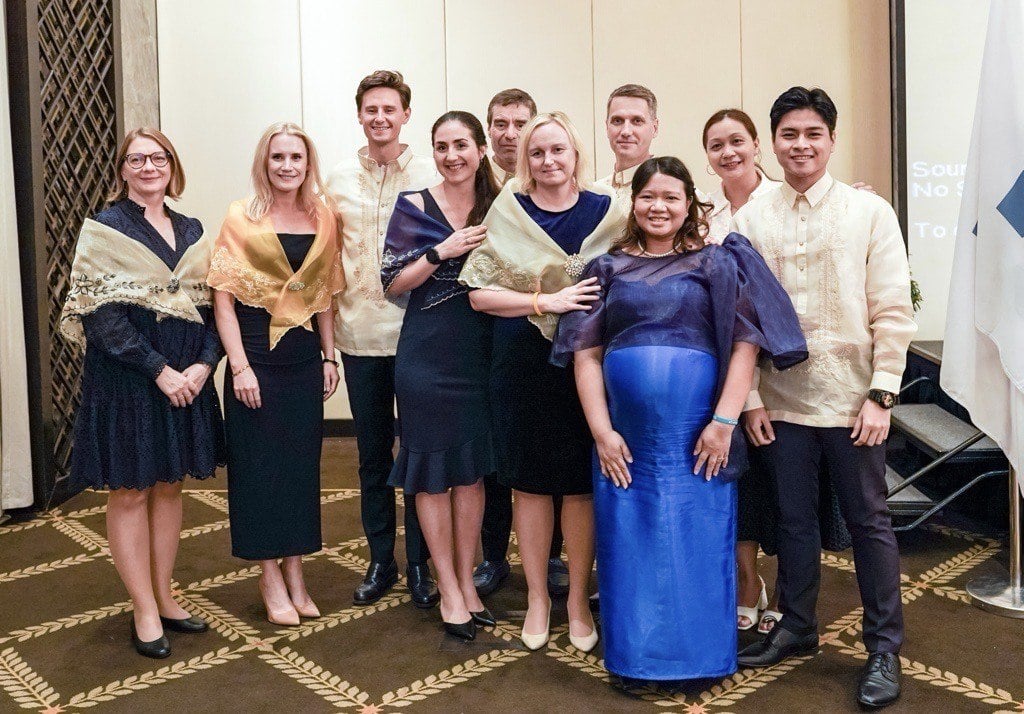





| Liwayway Marketing Corporation (Oishi Group)


| Metropolitan Bank & Trust Company (Metrobank)
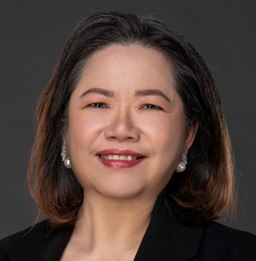
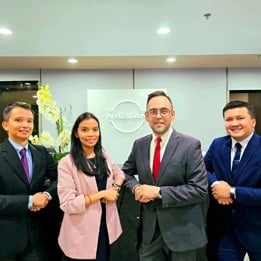


| Travellers International Hotel Group (Newport World Resorts)

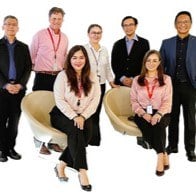




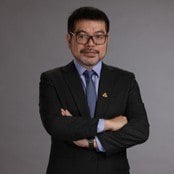






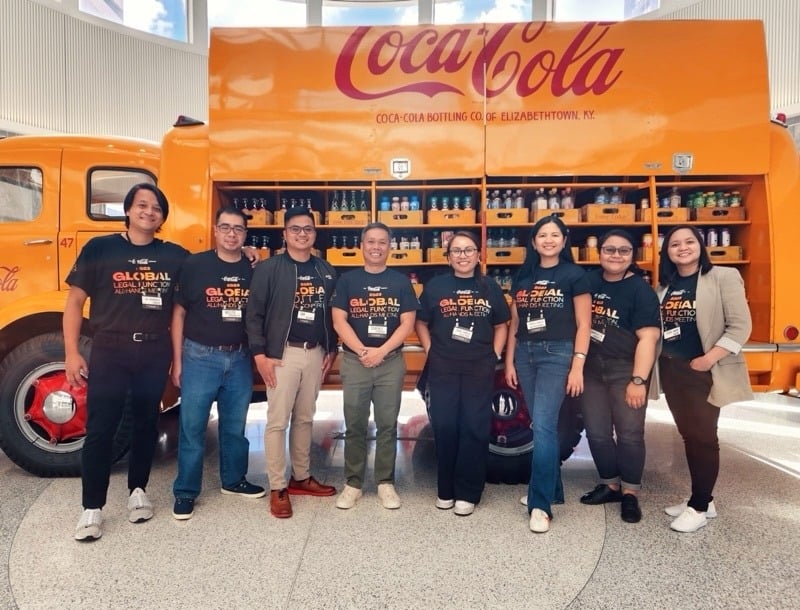









| International Container Terminal Services

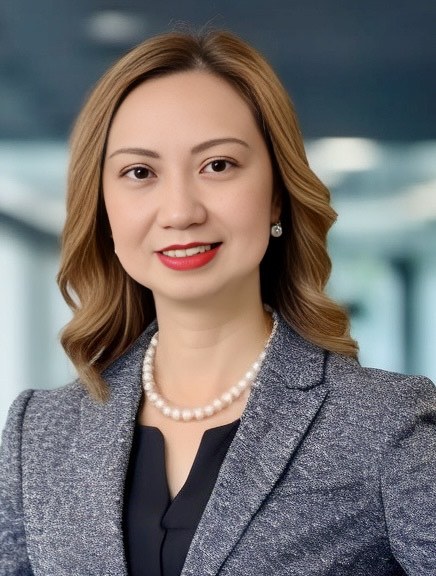


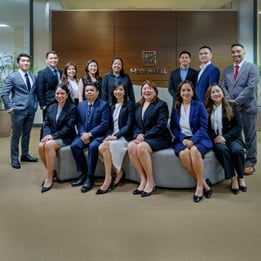



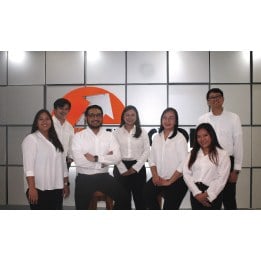

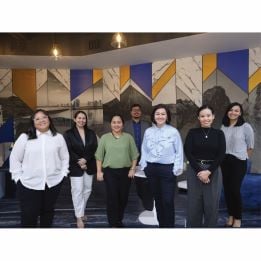








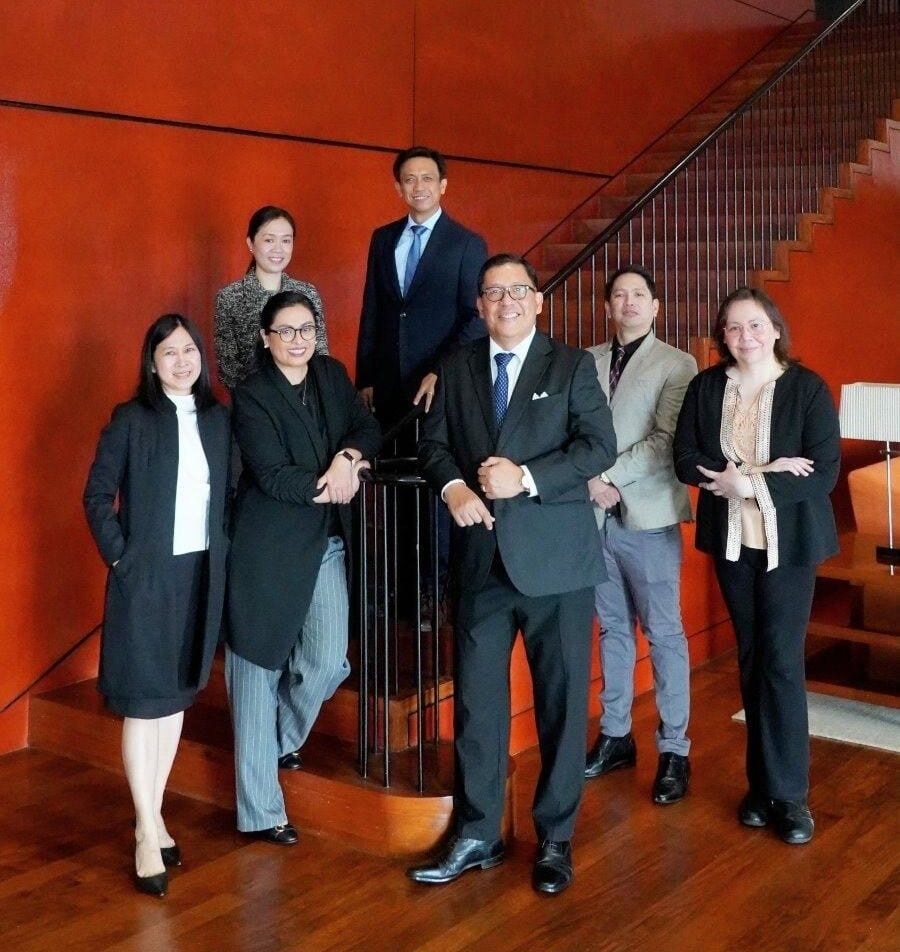






In this first-of-its-kind edition of The Legal 500: GC Powerlist Philippines Teams 2024, we are honored to spotlight the nation’s premier in-house legal teams. These outstanding departments have harnessed their legal expertise to drive their organisations’ success strategically.
Philippines’ in-house counsel have navigated a dynamic and challenging year, demonstrating resilience and innovation in addressing potential risks without straining their companies’ budgets. A notable example is the legal team at AREIT, which adopted a hot-desking policy to improve accessibility. This approach has facilitated earlier and more frequent consultations, preventing potential issues at every stage. As the AREIT team shared: ‘Traditionally, lawyers have been seen as problem solvers, only called upon when trouble arises. This perception has often intimidated project and operation teams. By making our team more accessible, we have integrated our lawyers more effectively into company projects and processes.’
In-house counsel in the Philippines have been pivotal in supporting some of the country’s most significant transactions, maintaining a reputation for innovation and excellence. Their dedication and expert legal knowledge continue to set them apart.
In this edition, we also explore the creative strategies employed by these legal teams to align with their companies’ business goals. Their ability to foster internal cohesion and build a strong team identity has been crucial to their success. The legal team at Avida Land Corp. emphasises the importance of creating a collaborative environment: “We create a safe space for discourse and collaboration among all team members, regardless of rank or seniority. Everyone is encouraged to contribute, but the final decision lies with the lead. We also prioritise health and rest, encouraging participation in sports activities, the use of vacation days, and executive check-ups.”
As the legal landscape in the Philippines continues to evolve, in-house counsel remain committed to driving their companies’ growth and success through legal excellence, adaptability, and innovation. The GC Powerlist: Philippines Teams 2024 celebrates their achievements and serves as an inspiration for legal professionals striving for excellence in the country’s ever-changing business environment.
Joe Boswell
Global Editor: The Legal 500 GC Powerlist

As a proud sponsor of this landmark event, Villaraza & Angangco was honored to celebrate the achievements of the Philippines’ top in-house legal teams. This year marks a significant shift in focus—from the Legal 500 recognizing individual achievements to celebrating the collective excellence of legal teams. This shift reflects the evolving role of in-house counsel, who are increasingly seen as strategic partners within their organizations, driving innovation, fostering collaboration, and contributing significantly to their respective companies’ success. In today’s fast-paced and ever-changing business landscape, the challenges faced by legal teams are more complex than ever. The teams recognized at this event have not only risen to the occasion but have also excelled by tailoring their strategies to seamlessly align with their respective companies’ overarching goals and vision. This demonstrates how the role of in-house legal counsel goes beyond being troubleshooters or merely ensuring legal compliance; it is about being key drivers of corporate strategy.
The achievements of these legal teams are a testament to the power of collaboration, innovation, and a deep understanding of the industries or business context in which you operate, further proving that when legal expertise and business acumen are combined the results can truly be groundbreaking and transformative.
We at Villaraza & Angangco extend our deepest congratulations to each team for your remarkable contributions. By sponsoring this event, we aim to promote the sharing of best practices in hopes of continuing to elevate the standards of our profession. It is through coming together to acknowledge and learn from one another’s successes that we can truly drive the entire industry forward.
It has been a pleasure for Legal 500 to present the 2026 edition of the GC Powerlist: Germany in Frankfurt, celebrating the outstanding in-house professionals shaping this jurisdiction’s corporate legal landscape. The evening reception took place in the Restaurant Opéra, a beautiful location at the heart of country’s legal and financial hub.
This year’s reception welcomed the stemmed senior in-house counsel community in Germany, celebrating the blend of strategic authority, operational precision, technological adoption, and principled leadership that defines Germany’s in-house legal community today.
Carmen Godoy, lead editor of this third edition of the GC Powerlist: Germany 2026, welcomed everyone in the room. It was wonderful to see some familiar faces from previous editions and a pleasure to welcome those featuring in the GC Powerlist for the first time.
Following Godoy’s introduction, Mr Florian Weisner, managing partner at FPS Rechtsanwaltsgesellschaft, our hosts of the evening, addressed the audience with valuable remarks highlighting the value of the professional and personal exchange in the legal sector in Germany. He was followed on the stage by Dr Dierk Schindler, vice president of legal innovation and head of legal services global purchasing and logistics at Robert Bosch. Our keynote speaker of the evening focused on highlighting one of the hot topics of the in-house legal sphere worldwide: legal developments surrounding AI.
In her remarks, Godoy unveiled the findings of this year’s research into Germany’s in-house legal market. From ensuring legal is decisively embedded in strategy, to integrating AI in the legal teams’ daily practice and operating under geopolitical and regulatory pressure. Germany’s general counsel are leading with transparency, accountability, and a clear sense of responsibility.
The GCs, CLOs, heads of legal and other senior in-house counsel in the room had many achievements to celebrate.
On behalf of the entire Legal 500 team, we extend our warmest congratulations to everyone included in this 2026 edition of the GC Powerlist: Germany.
We would also like to take this opportunity to express our sincere gratitude FPS Rechtsanwaltsgesellschaft for joining us in recognising the exceptional talent driving progress across Germany’s in-house legal profession.